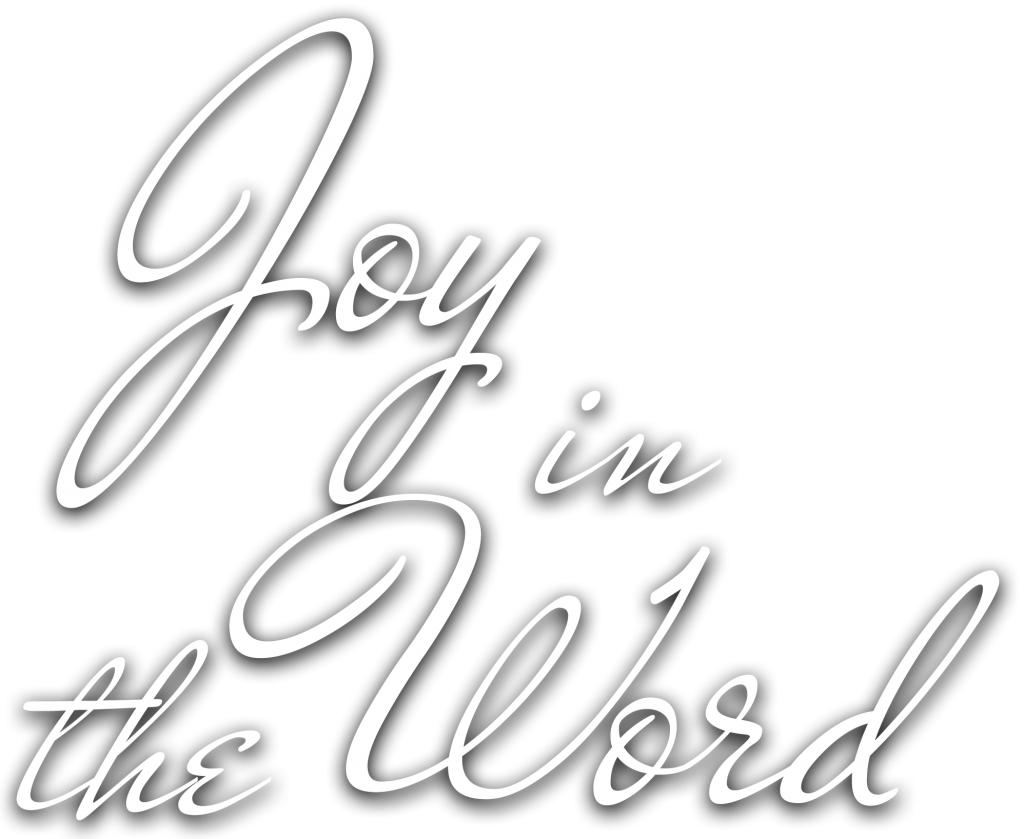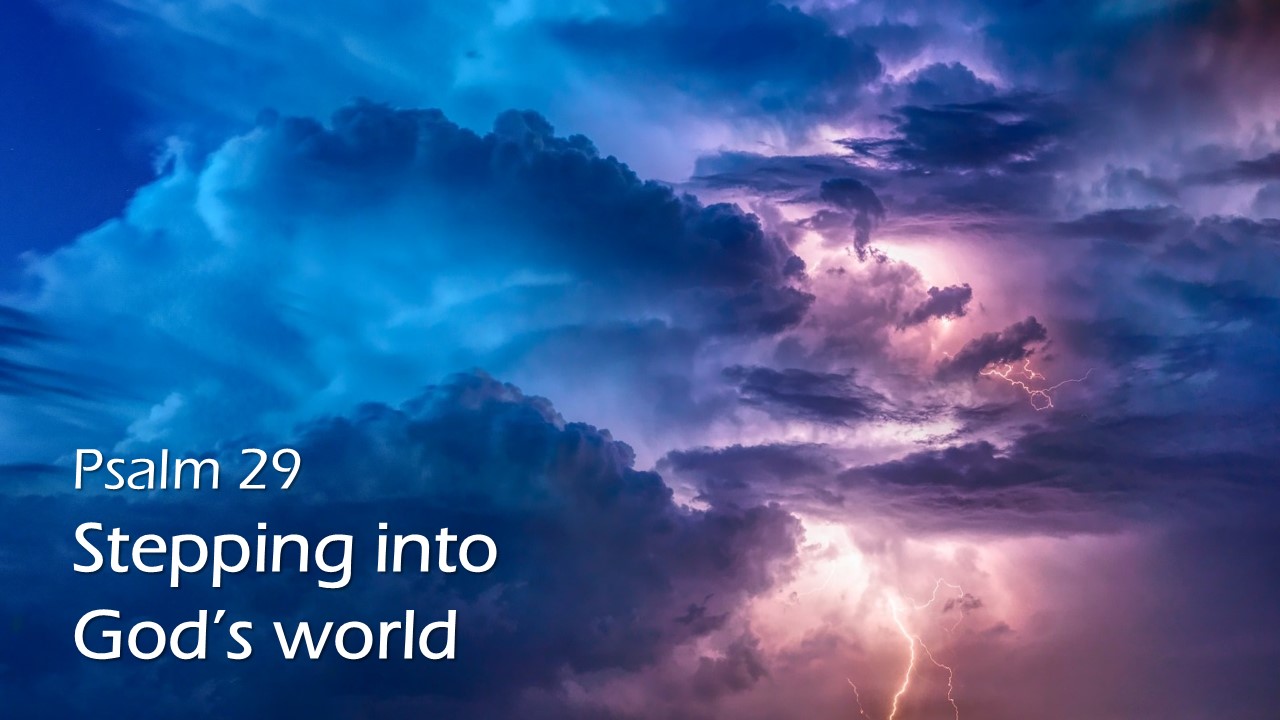If you were to be honest, how are you really doing right now? Sometimes, even as Christians, we feel we need to show that we have everything all together, even when it’s not.
The book of Psalms gives us the permission and the space to acknowledge times of hurt, confusion, anger, and heartache. The psalms not only help us express the pain we are experiencing, but also begin us on a journey that takes us through it.
Psalm 77 depicts one person’s journey. It begins with the psalmist expressing his agony and throwing out questions. But half way through the psalm the focus changes as he begins to think about God’s might and power. What’s interesting is that the psalm doesn’t end with a nice packaged answer to pain. That’s not its purpose. Instead, it shows us the journey of pain and distress, and in doing so, provides some light along this difficult pathway. So let’s walk a while with the psalmist.
I cry aloud to God,
aloud to God, that he may hear me.
In the day of my trouble I seek the Lord;
in the night my hand is stretched out without wearying;
my soul refuses to be comforted.
I think of God, and I moan;
I meditate, and my spirit faints. Selah
You keep my eyelids from closing;
I am so troubled that I cannot speak.
Psalm 77:1-4 (NRSV)
Notice the repetition of “aloud to God” in verse 1. The psalmist is going through distress – an intense inner turmoil or anguish, which is what the word “trouble” in verse 2 means – and he is expressing it by crying out loud to God. And we can do the same. Let’s not be fearful of expressing our emotions out loud, but let’s express them in the right direction – to God first and foremost.
Unrest, exhaustion and questions
Now comes something that’s a little unsettling. In verse 3, the psalmist says that thinking about God causes him to moan and his spirit to become exhausted. Ordinarily you’d expect that thinking about God would bring rest, not unrest. But rest is not what he experiences. The depth of despair he is going through cannot be answered on a superficial level. It’s just too deep and so requires more.
In fact, thinking about God raises a whole lot of questions for the psalmist. He ends up wondering if maybe God has changed. Maybe He is no longer all powerful?
I consider the days of old,
and remember the years of long ago.
I commune with my heart in the night;
I meditate and search my spirit:
“Will the Lord spurn forever,
and never again be favorable?
Has his steadfast love ceased forever?
Are his promises at an end for all time?
Has God forgotten to be gracious?
Has he in anger shut up his compassion?” Selah
And I say, “It is my grief
that the right hand of the Most High has changed.”
Psalm 77:5-10 (NRSV)
Hurt and pain will often throw up questions. We should not be afraid of asking questions – even of God. But we should also remember that God is sovereign, and does not answer to us.
The psalmist isn’t demanding answers, but simply expressing his inner turmoil. He concludes that the “right hand” or the blessing of the Most High (El Elyon, the highest One) may have changed – that perhaps God is no longer all powerful? Yet this cannot be! And here is the turning point.
An intentional decision
He does not allow himself to come to an inconceivable and horrifying conclusion based on his current experiences. He has to get himself back onto a firm footing and a solid biblical foundation. So he makes an intentional decision to pay attention to (or remember) all the wonderful deeds of Yahweh, the covenant-keeping God. He says “I will…” three times in verses 11-12.
I will call to mind the deeds of the Lord;
I will remember your wonders of old.
I will meditate on all your work,
and muse on your mighty deeds.
Your way, O God, is holy.
What god is so great as our God?
Psalm 77:11-13 (NRSV)
The psalmist realises that God’s way is holy (verse 13). The path God takes is sacred – it’s set apart and far, far greater than anything of this world (Isaiah 55:8-9). So he comes up with a whole different question: “What god is so great as our God?” As a result he cannot help but declare that God does do wonders (verses 14-15).
What follows is a magnificent poetic retelling of the Exodus story (see verses 16-18). It’s a story of the majesty and glory of God and of how the waters of the Red Sea trembled and then parted at God’s command.
And here is his final conclusion:
Your way was through the sea,
your path, through the mighty waters;
yet your footprints were unseen.
You led your people like a flock
by the hand of Moses and Aaron.
Psalm 77:19-20
The journey through
Who would have thought that the path God wanted the Israelites to take was through the Red Sea? They actually went through the “mighty waters” (verse 19). And yet before the waters parted, and after the waters returned, God’s footprints, or His pathway, was not able to be seen. They had no idea that it was there.
Through it all, God led His people like a flock (verse 20). And all they needed to do was follow. He made the way open at the right time, and not before… And that’s where the psalm ends.
Sometimes there are no easy answers. Sometimes we have to walk through distress and pain. Psalm 77 gives us permission to acknowledge that we hurt, and to express our innermost thoughts to our loving Heavenly Father. It reminds us to not allow current experiences to lead our thoughts in a wrong direction. And it encourages us to keep journeying through.




